Alcohol Withdrawal
 The symptoms of alcohol withdrawal are exceptionally unpleasant, as I’m sure you know. There are physical symptoms and emotional ones. Let’s start with the most extreme to get it out of the way - death.
The symptoms of alcohol withdrawal are exceptionally unpleasant, as I’m sure you know. There are physical symptoms and emotional ones. Let’s start with the most extreme to get it out of the way - death.
Yes, if you’re physically dependent on alcohol, then a sudden withdrawal as opposed to a gradual detox can actually kill you or leave you with brain damage, usually via a seizure (a bit like an epileptic fit). Heart palpitations are the milder form of this. But lets hope you’re not quite that bad just yet (if you are drinking over 70 units per week for a woman or 100 for a man, then at least try to cut down gradually, or better than that - see a doctor).
On to the less fatal withdrawal symptoms then, we have hallucinations (usually unpleasant - spiders or snakes are common), the shakes, nausea and vomiting, oh and diarrhoea of course. Particularly unpleasant is waking in the middle of the night soaked in cold sweat, or alternatively, your own piss. It’s not sounding like a party exactly, is it?
Then you might have a splitting headache, often from severe dehydration and dilation of blood vessels. Basically the brain shrinks away from the lining of the skull. Ouch!
Hypoglycaemia, caused by the inability of the liver to metabolize sugar, can then leave you feeling irritable, nervous or aggressive, and weak.
You might end up with a few more emotional effects too, like mood swings, depression or confusion. Basically feeling like the lowest form of life on the planet.
So how can you make alcohol withdrawal easier?
- Electrolyte replacement might help (the sachets you can get for diarrhoea are the best), along with plenty of liquids.
- Complex carbohydrates (like brown rice, wholemeal bread, wholegrain cereals etc.) will help to slowly stabilize your blood sugar levels.
- Eggs contain Cysteine, which can help the liver to metabolize Acetaldehyde (the toxic by-product of alcohol).
- B-vitamin supplements are essential, as they help your nerve cells to recover from the damage you’ve inflicted.
- We all know about the healing powers of caffeine - this constricts the blood vessels and can therefore alleviate the headache.
But to be on the safe side, if you’re drinking most mornings in order to get through your hangover, or you often get the shakes and sweats if you haven’t had a drink for a while, then you really should get some medical support before you consider withdrawing.


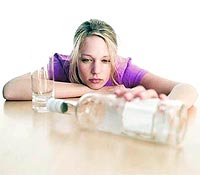 Most people who are
Most people who are  It’s probably no surprise to some, but here
It’s probably no surprise to some, but here  So you’ve stopped drinking, or maybe you’re just not doing it every day now, and you want to know how to prevent yourself from relapsing, or (if you want to keep it simple) how to make sure you don’t drink today.
So you’ve stopped drinking, or maybe you’re just not doing it every day now, and you want to know how to prevent yourself from relapsing, or (if you want to keep it simple) how to make sure you don’t drink today. There are those who believe (the
There are those who believe (the  Anxiety ruins many people’s lives, and lessens the enjoyment of it for most of us. It’s focus can be anything, from the seemingly trivial to the life-threatening. Threat and fear can thread their way into many aspects of our lives.
Anxiety ruins many people’s lives, and lessens the enjoyment of it for most of us. It’s focus can be anything, from the seemingly trivial to the life-threatening. Threat and fear can thread their way into many aspects of our lives.
 The charity Turning Point have released a report suggesting that 50% of all alcoholics and drug addicts suffer from mental illness, in the UK at least.
The charity Turning Point have released a report suggesting that 50% of all alcoholics and drug addicts suffer from mental illness, in the UK at least.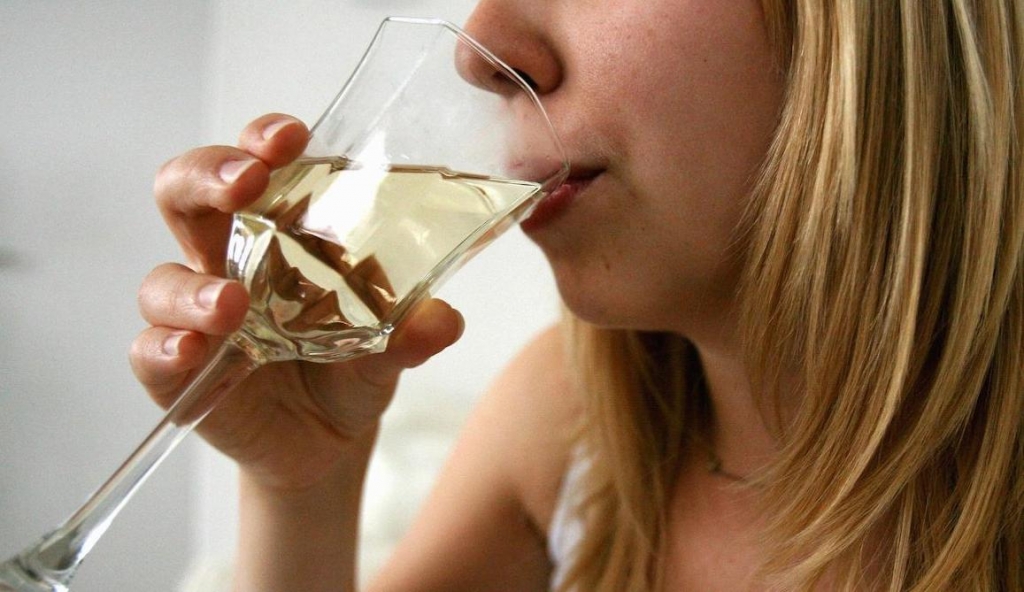
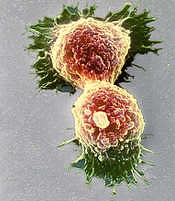 Everyone knows that alcohol causes harm like brain damage and
Everyone knows that alcohol causes harm like brain damage and  George W. Bush has very compassionately decided to declare that September is National Alcohol and Drug Addiction Recovery Month, 2006.
George W. Bush has very compassionately decided to declare that September is National Alcohol and Drug Addiction Recovery Month, 2006. Because
Because  The pharmaceutical industry has little to offer for keeping alcoholics sober. Herbal medicines, on the other hand, have shown more promising and dramatic results. However, for profiteering reasons, it is not likely that drug companies or your doctor will provide herbal alternatives.
The pharmaceutical industry has little to offer for keeping alcoholics sober. Herbal medicines, on the other hand, have shown more promising and dramatic results. However, for profiteering reasons, it is not likely that drug companies or your doctor will provide herbal alternatives. For most people with some sort of alcoholism, their over use of alcohol has arisen from too many unpleasant emotions in their lives.
For most people with some sort of alcoholism, their over use of alcohol has arisen from too many unpleasant emotions in their lives.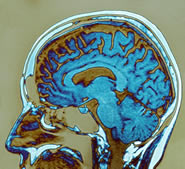 For those of you who are
For those of you who are 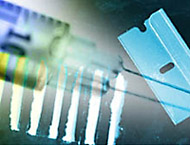 There’s been a few articles around lately in which various people have suggested that Heroin should be made available on the NHS (that’s the free UK health service for non-UK readers). One of these is Dr Richard Simpson, the former Scottish drugs minister,
There’s been a few articles around lately in which various people have suggested that Heroin should be made available on the NHS (that’s the free UK health service for non-UK readers). One of these is Dr Richard Simpson, the former Scottish drugs minister,